
Inpatient Rehab
Learn everything you need to know about inpatient treatment in Florida from our expert team at We Level Up Lake Worth FL.

Learn everything you need to know about inpatient treatment in Florida from our expert team at We Level Up Lake Worth FL.

When you feel grateful, your brain releases feel-good chemicals that help you reduce stress and increase happiness. On the spiritual…

Beating addiction is difficult. It needs strong will, toughness, and the right tools. Recovery affirmations are good thoughts that you…
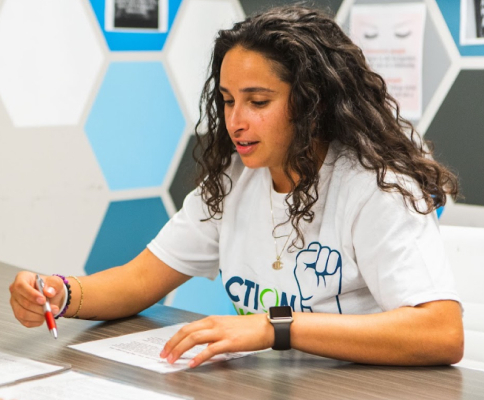
Outpatient services may be temporarily unavailable. Please call to check the availability of the We Level Up Lakeworth outpatient program.…

Overcoming addiction doesn't end with stopping the substance abuse. It also includes addressing the issues that came with it. One…

Resuming life in Lake Worth after inpatient rehab presents a new chapter filled with both opportunities and challenges. Completing addiction…

Struggling with balancing work and recovery? You're not alone. Many in Florida find themselves in this tough spot, trying to…
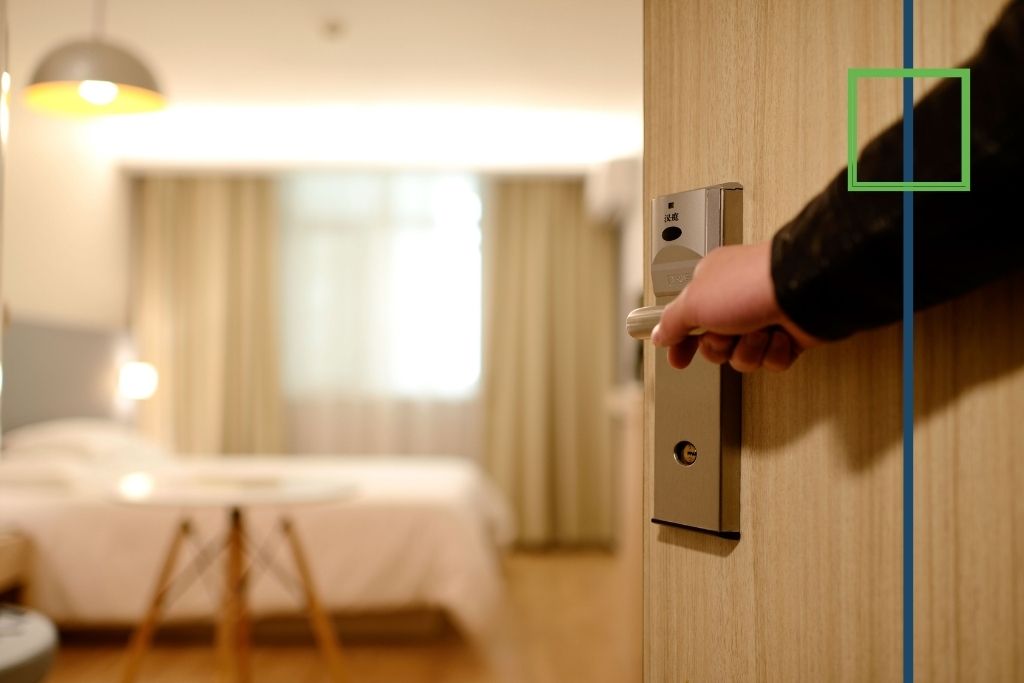
Halfway House: Definition A halfway house is a type of temporary residence with a controlled environment that allows individuals to…
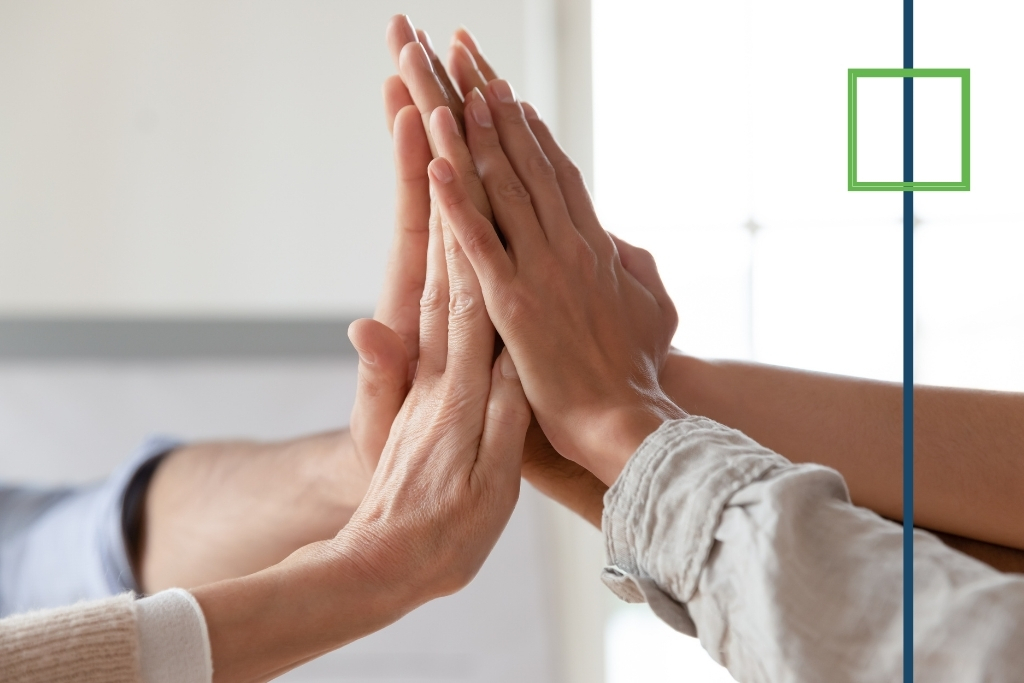
The importance of a support system in recovery cannot be overstated. It can make the difference between long-term recovery and…

Valentine’s Day is fast approaching and everyone has ‘love’ on the brain. For recovering addicts, however, romantic relationships can be…

New Year’s Eve is a magical time of year that brims with promise and the allure of a fresh start.…

The holiday season is meant to be filled with joy and merriment, but for a recovering addict, it can be…

The holidays are supposed to be the happiest time of the year...right? While it may be the season for gathering…

When it comes to taboo topics, it can sometimes be difficult to know what to say. Even if you have…

Yes, alcohol is an addictive substance that triggers cravings. In fact, figuring how to stop these alcohol cravings is one…
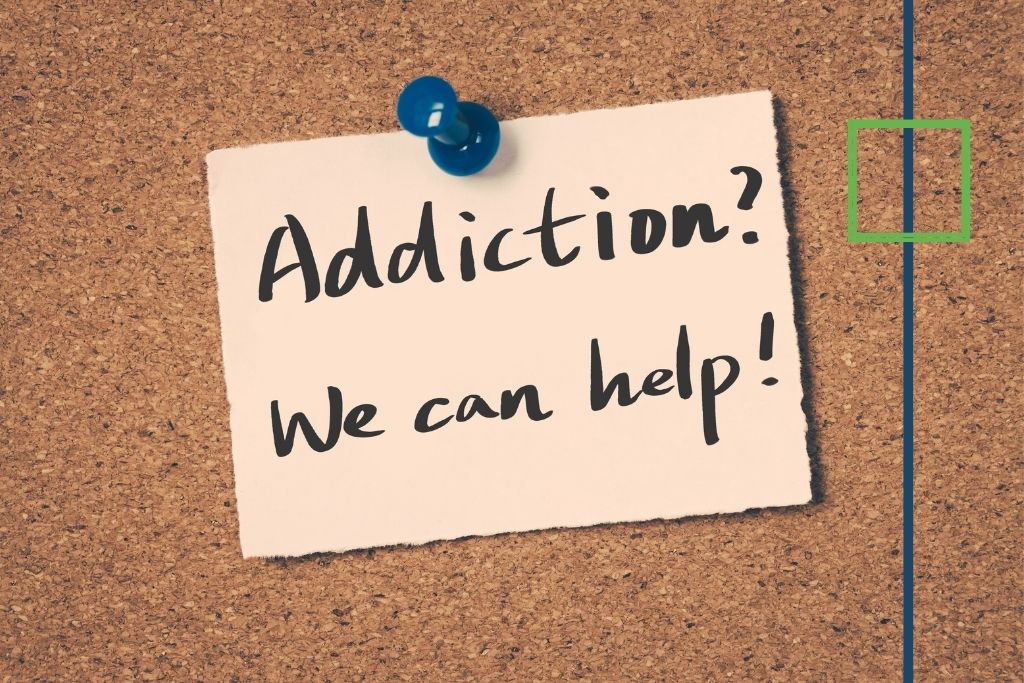
If you want to know how to help a meth addict, let’s start here: don’t call them a meth addict.…
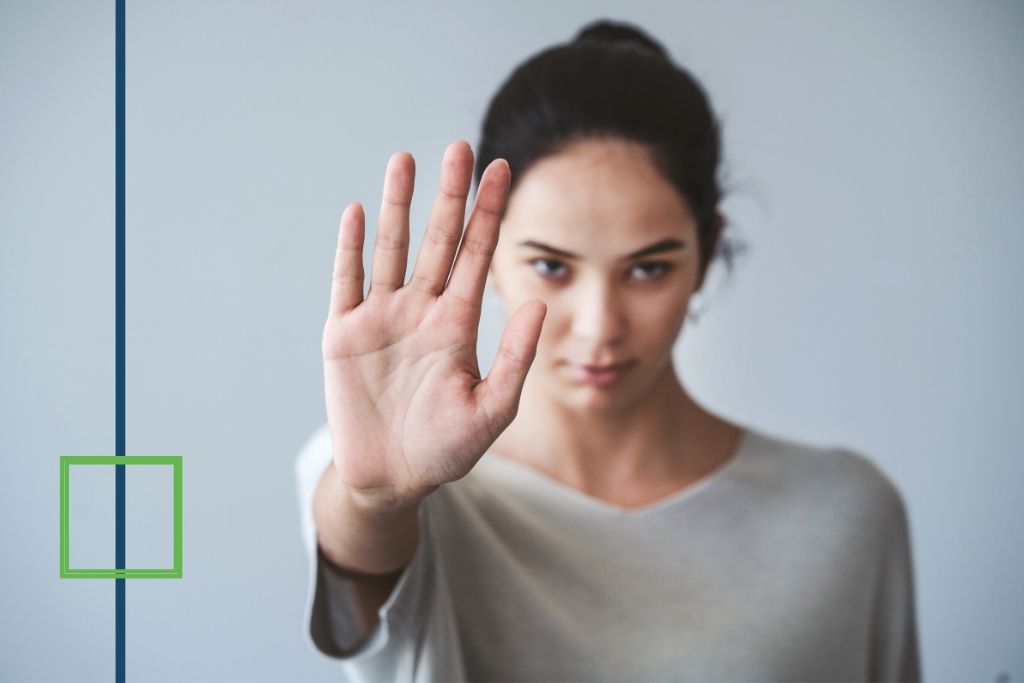
An individual who has struggled with substance abuse won’t typically refer to themselves as having had an addiction or having…

Alcohol is a tricky substance and it can be hard for a lot of people to know when they should…
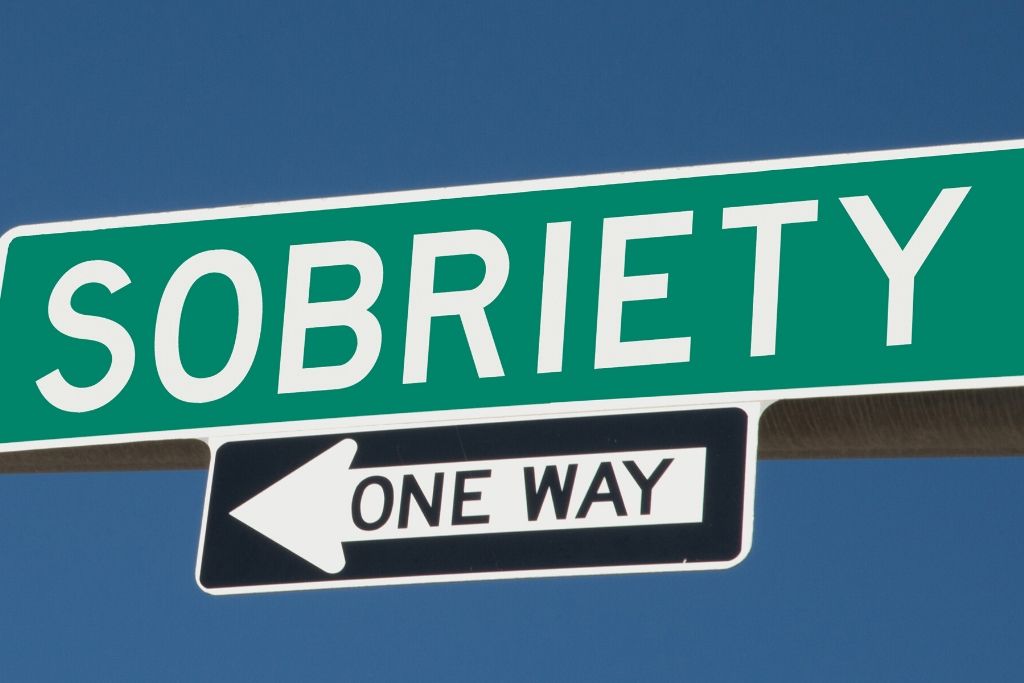
While the COVID-19 pandemic is causing issues around the world, we would like to take a few minutes to explain…
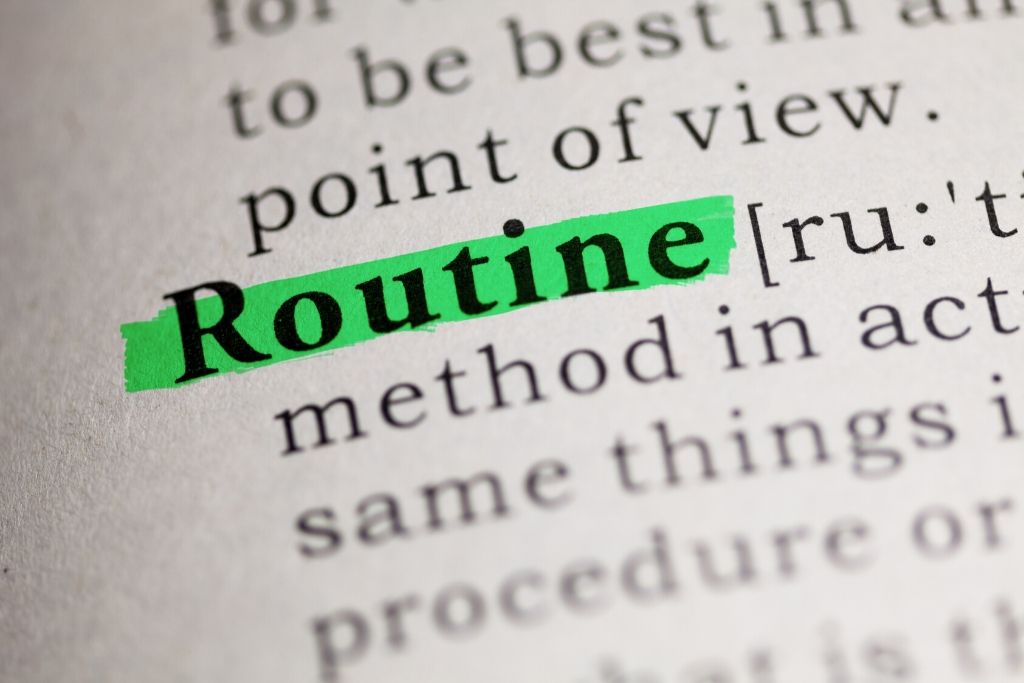
Some may say that staying sober is a fulltime job in itself, only you don’t get paid for it. In…